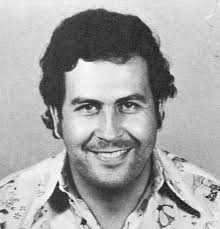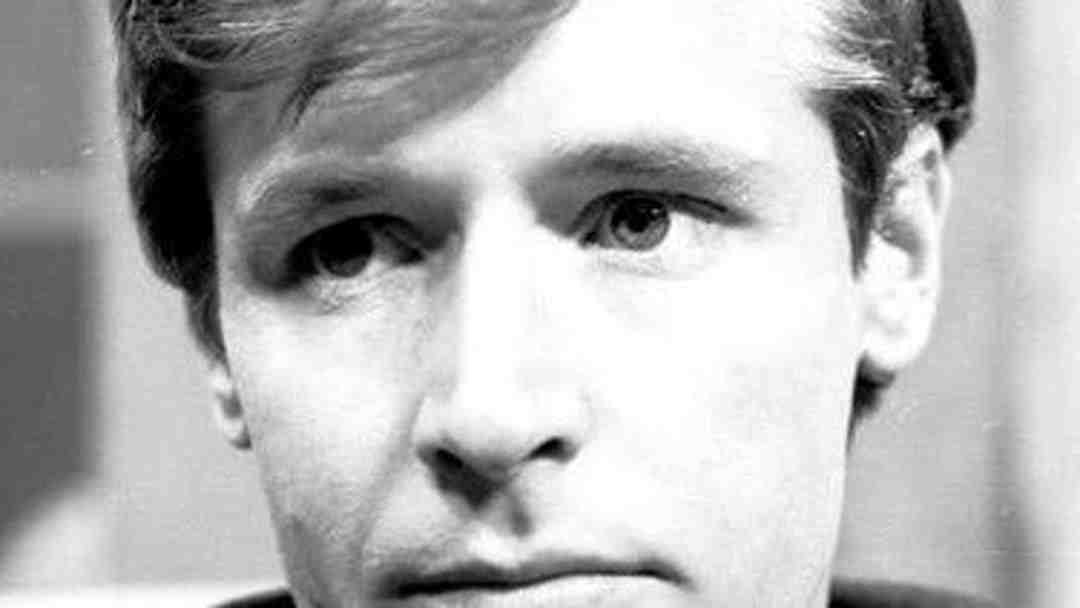
Introduction
Pablo Escobar, often referred to as the ‘King of Cocaine’, remains one of the most infamous figures in the history of drug trafficking. His impact on Colombia and the global drug trade has been profound, shaping law enforcement responses and international policies towards narcotics. Understanding Escobar’s rise and influence is crucial not only for historical context but also for grasping the ongoing issues related to drug trafficking in the modern world.
The Rise of Pablo Escobar
Born in 1949 in Rionegro, Colombia, Pablo Escobar quickly ascended from humble beginnings to establish the Medellín Cartel. By the 1980s, he was orchestrating the production and shipment of cocaine to the United States and Europe. At the height of his power, Escobar was reportedly earning over $420 million a week, making him one of the richest men in the world. His wealth allowed him to wield significant influence over Colombian politics, law enforcement, and society, leading to rampant corruption and violence.
Escobar’s Impact on Colombia
Escobar’s reign was marked by extreme violence, including bombings and assassinations, as he fought against rival cartels and the Colombian government. His tactics led to significant loss of life, with estimates suggesting that approximately 4,000 individuals, including police officers and political figures, were killed due to his actions. The infamous 1989 bombing of Avianca Flight 203 is one of the most devastating examples of his violent campaigns. The societal ramifications of Escobar’s reign are still felt today, as Colombia continues to grapple with issues related to drug trafficking and organized crime.
Aftermath and Legacy
Pablo Escobar was killed by Colombian National Police in December 1993, but his legacy endures. His life has been depicted in numerous books, documentaries, and television series, cementing his status as a cultural icon. Though Escobar’s reign was largely dismantled, the drug trade continues to thrive in Colombia, with new cartels emerging to fill the void he left behind. This indicates a complex interplay of socio-economic factors contributing to the perpetuation of drug-related violence and corruption in the region.
Conclusion
The story of Pablo Escobar is not merely about a drug lord; it reflects on deeper issues of poverty, governance, and the global demand for narcotics. As Colombia continues to navigate the legacy of Escobar and the ongoing challenges of drug trafficking, understanding the past is crucial for shaping future policies and preventing similar cycles of violence and corruption. The significance of Escobar’s life serves as a cautionary tale, highlighting the far-reaching consequences of the drug trade that resonate even in today’s society.
You may also like

Remembering Matthew Perry: A Look at His Life and Legacy

The Enduring Legacy of James Madison
